Editors’ Picks




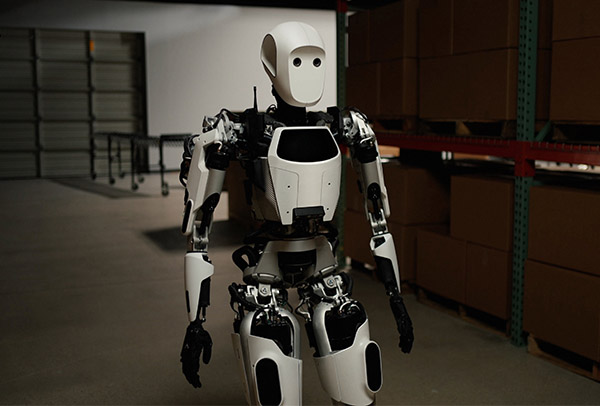
Found in Robotics News & Content, with a score of 30.12
Apptronik Inc. today unveiled Apollo, which it claimed is “the world's most capable humanoid robot.” The Austin, Texas-based company said the robot is designed for friendly interaction, mass production, performance, and safety. “As labor challenges and employment trends continue to impact our economy, we need to fundamentally change the way we think about work, particularly in the warehouse and the supply chain,” said Jeff Cardenas, co-founder and CEO of Apptronik, in a release. “People don’t want to do robotic, physically demanding work in tough conditions, and they shouldn’t have to,” he added. “Humanoid robots are not just an answer to…
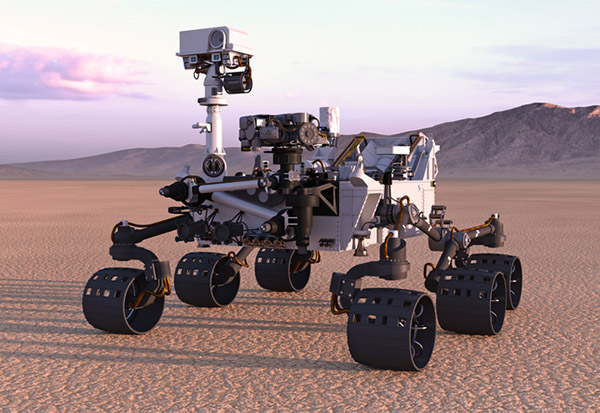
Found in Robotics News & Content, with a score of 16.43
…but it’s also at least 50x more economical. The Apollo program, which was completed successfully in 1972, cost the U.S. $25.4 billion back in 1973, which is equivalent to about $165 billion in 2021 dollars. However, if we look at NASA's Perseverance Rover, which took flight in July 2020, it had a total expenditure of around $2.5 billion to $2.7 billion. What we should also notice here is that the Apollo program was to explore the moon. Hence, the distance in case of the Apollo mission was 384,400 km (238,800 mi.), while in case of the Perseverance rover, Mars is…
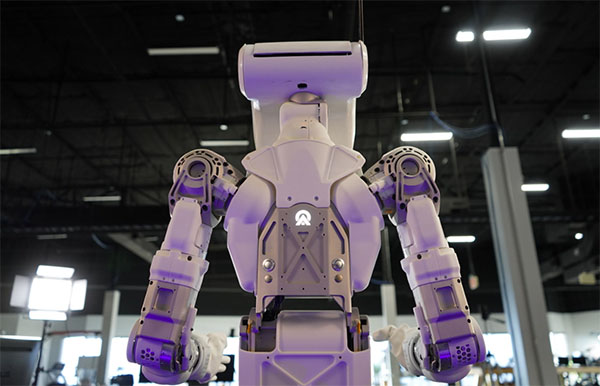
Found in Robotics News & Content, with a score of 12.64
…into a small form, enabling it to be placed on any mobility platform,” said Apptronik. It has also developed Apollo, a NASA-backed versatile humanoid designed to scale and apply to numerous applications. Apptronik said its agreement with Terex is its latest achievement after a busy 2022. The brand raised nearly $15 million in its seed round and said it expects to make a humanoid robot available for commercial orders later this year. It said it has also built robots for leading U.S. automotive OEMs, major transportation and logistics companies, and government agencies.

Found in Robotics News & Content, with a score of 20.89
…was working with NASA to commercialize its humanoid robot, Apollo. The Austin, Texas-based company said it has already completed the first prototype of the robot and plans for “broader commercial availability” by 2023. “Unlike special-purpose robots that are only capable of a single, repetitive task, Apollo is designed as a general-purpose robot capable of doing a wide range of tasks in dynamic environments,” the company said in a statement. “Apollo will benefit workers in industries ranging from logistics, retail, hospitality, aerospace, and beyond.” Some other players making humanoids have also recently made announcements, including Beyond Imagination Inc., Figure, Xiaomi, and…
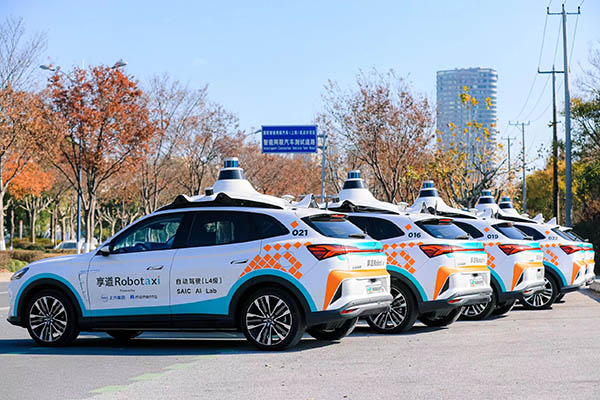
Found in Robotics News & Content, with a score of 12.89
…received permission to operate autonomous robotaxis in Beijing, but safety drivers are still required. In July, Baidu announced the Apollo RT6, an electric, production-ready model with a detachable steering wheel. Last week, the company said it had obtained the first permits for fully driverless ride-hailing services.
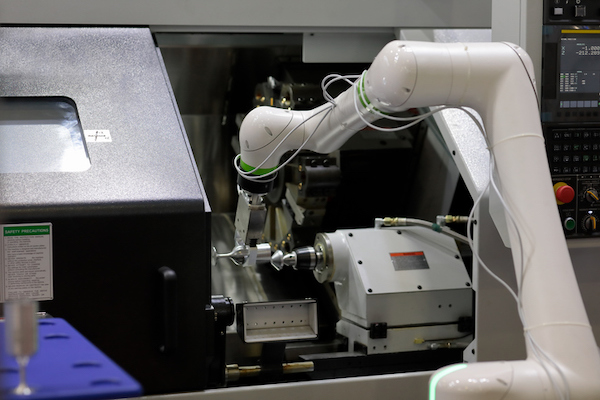
Found in Robotics News & Content, with a score of 8.13
…For instance, Wang Laboratories offered word processing, Computervision and Apollo offered CAD systems, and ATEX offered publishing systems. Sun Microsystems offered enterprise workstations, Oracle offered database systems, and many other players addressed specific markets with similar underlying hardware. However, each focused on the requisite functionality that enabled the native software to optimize and exploit the computer strengths for the intended application. There were common elements, of course, but within each application, superfluous functions were shed or minimized. These were solutions, not computers! Stipulating that transformative information technologies may differ somewhat than physical world technologies, the paradigm holds if we view…
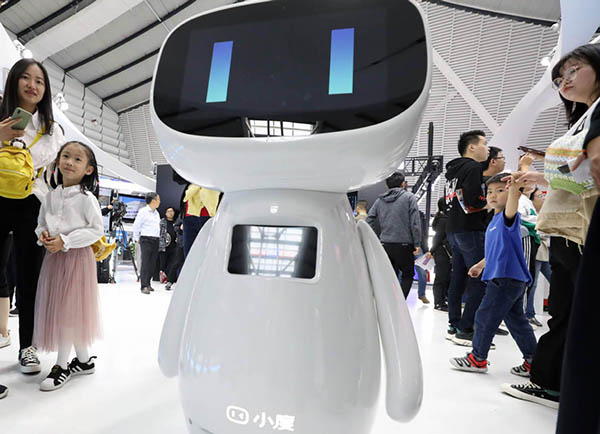
Found in Robotics News & Content, with a score of 22.97
…In June 2021, Baidu released its fifth generation robotaxi Apollo Moon, bringing the cost of mass-production down to RMB 480,000 per unit, only one third of the cost of average L4 autonomous vehicles. In the first quarter of 2022, Baidu's robotaxi ride-hailing platform Apollo Go provided 196,000 rides and is now available in ten cities. This year's Baidu World will witness a key step forward in Baidu's progress towards its goal of providing autonomous driving service to more users. New version of Kaiwu to be unveiled on Baidu AI Cloud In 2021, Baidu AI Cloud launched its industrial Internet platform…
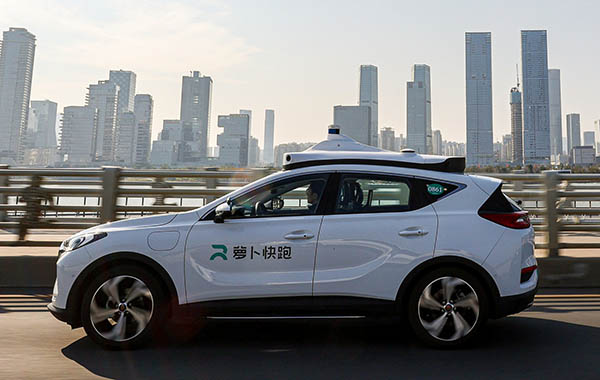
Found in Robotics News & Content, with a score of 51.60
Baidu Apollo's ride-hailing service platform, Apollo Go, has launched in Shenzhen's Nanshan District on a trial basis. Beijing-based Baidu Inc. is a software services company that makes the leading Internet search engine in China. It was founded in 2000. Baidu Apollo is the company's autonomous vehicle platform, which it launched in 2017. Last month, JIDU closed $400 million in Series A funding, which the Baidu unit said will help it continue development of a smart car with the goal of launching in 2023. Apollo Go makes orbit in major Chinese cities Shenzhen is the seventh city where Baidu has introduced…
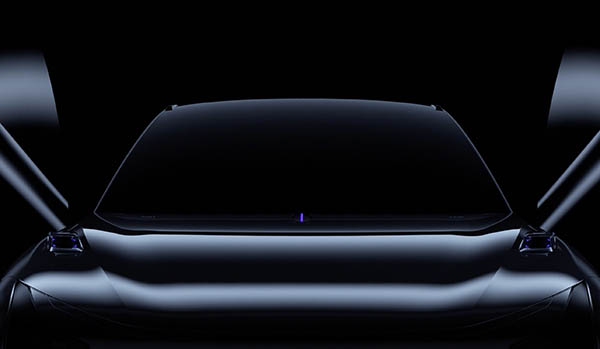
Found in Robotics News & Content, with a score of 22.09
…Baidu is a leading artificial intelligence company, and its Apollo unit has been developing an autonomous minibus, advanced driver-assistance systems (ADAS), and robotic taxicabs. The Apollo Go robotaxi service received permission to operate in Beijing in November 2021. “It has only been 10 months since JIDU started its journey,” said Yiping Xia, CEO of JIDU. “With the support of cutting-edge AI technology combined with a high-quality vehicle platform and manufacturing process, JIDU's efficient development of automotive robot has been proven – the brain, nerve system, and body of the Robocar are all under rapid development. When the product is delivered,…
Found in Robotics News & Content, with a score of 9.96
…eventually Mars with NASA. “We're treating this like the Apollo program for the future of the way we build and the future of the way we meet one of our most basic needs,” said Ballard. “We're going to accelerate the growth of an elite and diverse team of scientists, engineers, architects, operators, and leaders that is now over 100 and growing. We anticipate more rapid progress in the years ahead to help bring housing and construction into the modern world and in-line with humanity's highest hopes and values.” ICON investment now totals $266M In 2018, ICON raised $9 million in…
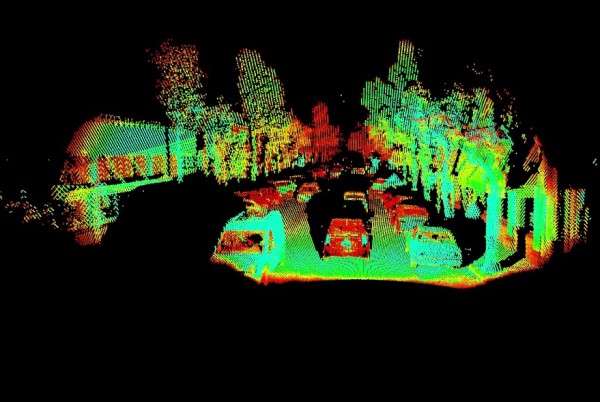
Found in Robotics News & Content, with a score of 13.77
…been a key building block in Baidu's deployment of Apollo Intelligent Transportation City projects across cities such as Beijing, Changsha, and Cangzhou, according to the company. NIO invests in lidar for ET7 NAD Temasek, BAI Capital, and Joy Capital led Innuvision's Series B funding. Existing investors NIO Capital, Eight Roads Ventures, and F-Prime Capital also participated in the round. In 2018, Nio Capital led Innuvision's $30 million Series A round, with participation from Eight Roads Ventures, F-Prime Capital, and Banyan Capital. The Series B round brings Innovusion’s total funding to over $100 million. “As a Silicon Valley company growing rapidly…
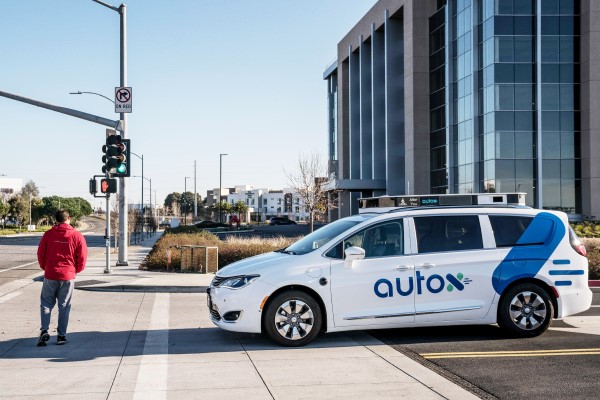
Found in Robotics News & Content, with a score of 12.13
…it the second company in the world (after Baidu's Apollo Go) to do so without a safety driver in the vehicle. “The first 100 days have been a huge step forward for us and for the entire industry in China,” stated Prof. Jianxiong Xiao, founder and CEO of AutoX. “We have learned so much from the feedback from our passengers about how to continuously improve our service to make the driverless journeys a fantastic experience.” Dr. Xiao has more than 10 years of research and engineering experience in computer vision, autonomous driving, and robotics. He has degrees from the Hong…



